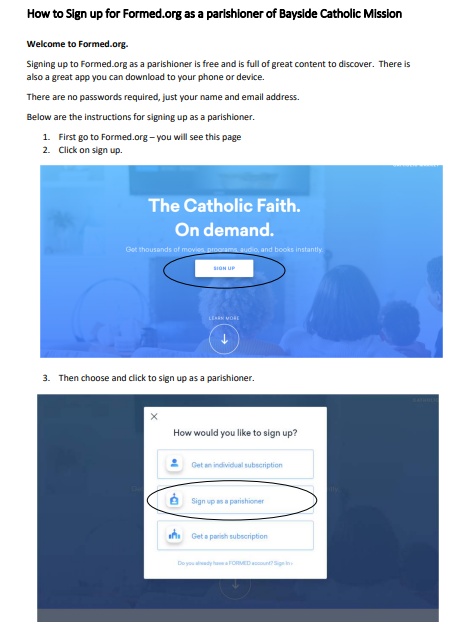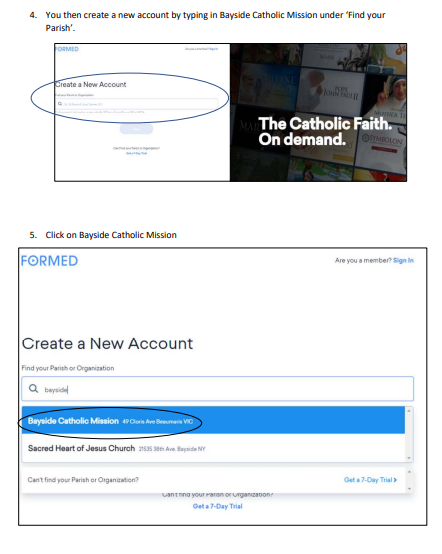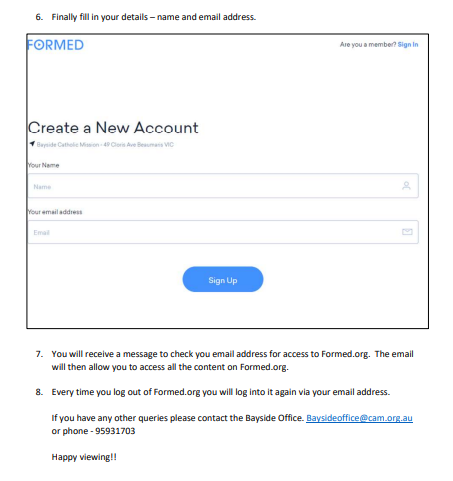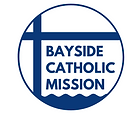Faith & Wellbeing

WELLBEING
I have been talking to Years 1-6 about the story of Jonah and the Whale. You can find the story in the Old Testament. It is a short story, only about two or three pages in the bible, depending on the size of your bible.
It is a story I didn’t study in my Theological studies or Masters, but it is remarkable; worthy of our attention. Why? Because it is a story connected to Jesus, to the people of Israel and to us. It is a teaching of God’s love for us and his expectation for us to love others, even our enemies.
Many think it is not a true story. But is it? We know of at least two people and one as late as 2021 who have been swallowed by a whale and lived to tell the tale. A tale very hard to believe, as Karl Stefanovic found when talking to Michael Packàrd in an interview about his Jonah experience of being swallowed by a whale.
Perhaps the story of Jonah is true yet exaggerated as ancient writers did, and some would argue still do, especially news writers. What is really useful with the story of Jonah is the overarching metaphor or figure of speech it can be to help us understand Jesus’ death and resurrection and purpose for his teachings.
Did you know, that the story of Jonah is connected to Jesus in the following ways:
- The calming of the storm by Jesus, when he was asleep in the boat just as Jonah was asleep in the boat when the crew where scared they would die by the storm just as the apostles were scared.
- Jesus compared the Pharisees to the people of Nineveh in Jonah’s time. But the people of Nineveh repenting - when Jonah preached repentance to them - but the Pharisees did not repent when Jesus preached to them.
- Nineveh was saved by their repentance and doing good. But Jerusalem was completely destroyed in 70AD, just 37 years after Jesus’ death. It was a terrible destruction. But inevitable, as Jesus preached to the leaders of Jerusalem, “those who live by the sword die by the sword” and “love your enemies”. But Jewish people where convinced God would destroy their enemies the Romans and when God didn’t destroy the Roman, they tried to do it, and were wiped out.
- The plunder taken from the destruction of Jerusalem was taken to Rome and they built the Colosseum with the money.
So we can see from the Story of Jonah how it connected with the real events of Jesus’ time. Jesus was sent by his Father to preach repentance and to tell people to do good. Many listened, perhaps most did not, which is why bad choices leads to destruction as it did for Jerusalem in 70AD.
Once again we celebrate the death and resurrection of Jesus. Once again we hear Jesus say to us “Repent and believe the Gospel”.
We all need to repent. Because we all have enemies. But instead of waiting for God to destroy them as Jonah did - self imprisoned in his pity and anger and hoping to die. Rather, let us pray for our enemy and do good, because we serve a God who created us all and loves us all, including our enemies. When we have enough love to include our enemies we reflect God to the world, we show ourselves to be the true children of God.
Have a blessed Easter.
Corey Payton
St James Chaplain
RELIGIOUS EDUCATION
SECONDARY ENROLMENTS
If there are any parents that require dates or a letter confirming sacraments, please email eherbert@stjamesbrighton.catholic.edu.au and I will be able to provide that information for you.
Important Dates
Future dates
July
Tuesday 25th - Year 4 First Communion Reflection Evening @ 5:30pm
August
Thursday 10th - Year 4 First Communion Reflection Day
Wednesday 16th - First Communion @ 6pm, St Joan of Arc
October
Tuesday 10th - Year 6 Confirmation Reflection Evening @ 5:30pm
November
Thursday 9th - Year 6 Confirmation Reflection Day
Friday 17th - Sacrament of Confirmation @ 5pm, St Joan of Arc
Emma Herbert
RE Leader / Sustainability / Learning Diversity Leader
eherbert@stjamesbrighton.catholic.edu.au
How to Sign up for Formed.org as a parishioner of Bayside Catholic Mission
For Parish Newsletters, please refer to the new Parish Website





